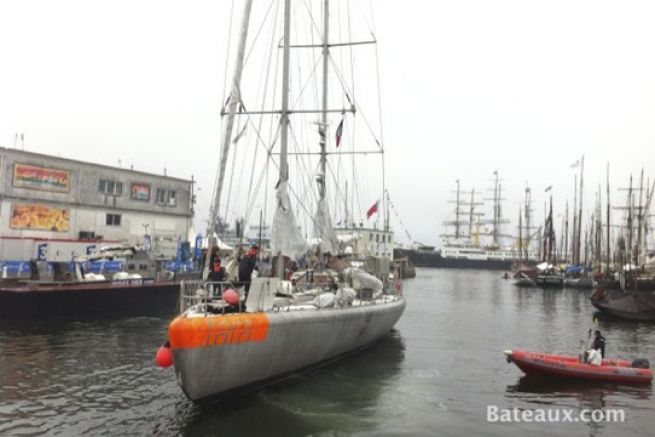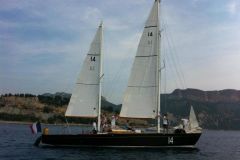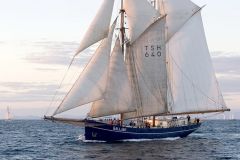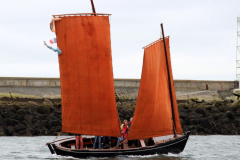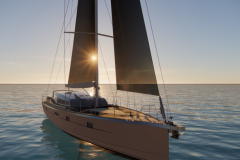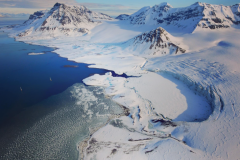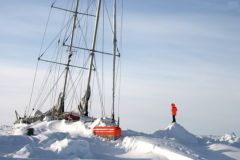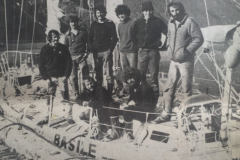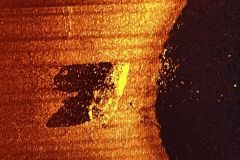A journey around the Mediterranean to study pollution
For seven months, the schooner Tara will continue the work of the association MED and will go to meet the 250 billions of plastic particles that populate the surface of the Mediterranean Sea. During the month of June, it will stop in several French cities: Emiez, Nice , Villefranche sur mer , Monaco and Antibes to reach Gala Gonone in Sardinia on July 5. Then she will begin a long journey around the different countries bordering the Mediterranean: Albania, Greece, Lebanon, Israel, Malta, Tunisia, Algeria, Spain, Morocco and Portugal. Her journey will end on December 7 in Lorient.
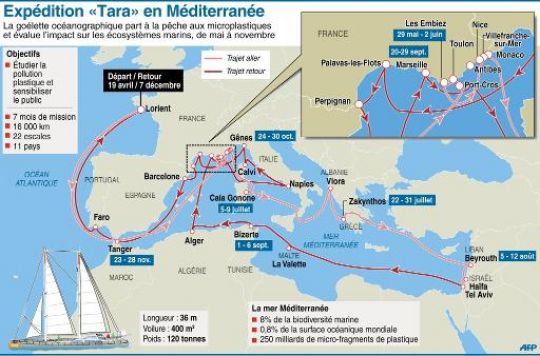
Study plastic pollutants to assess their impact on marine ecosystems
The Mediterranean Sea is one of the most polluted, due to the 450 million people living in the Mediterranean basin, the maritime traffic which represents 30% of the world traffic but also the fact that it is "closed". Tara will therefore evaluate the presence of plastic micro-particles and study their impact on marine ecosystems. Samples of plastic and plankton will be taken from Gibraltar to Beirut using a Manta net, near the coasts but also offshore. A plastic thrown into the sea disaggregates into multiple floating elements based on polystyrène, polyethylène, nylon, polyurethaneâeuros¦ which contain many pollutants. Gaby Gorsky, Scientific Director of Tara Mediterranea and of the Oceanological Observatory of Villefranche-sur-Mer explains that plastics are "from sponges to persistent organic pollutants : PCBs, dioxins or endocrine disruptors".
In addition to absorbing various pollutants, plastics are colonized by microorganisms (bacteria, algae, fungi and protozoa) and persistent organic pollutants (POPs) can be ingested by these microorganisms, causing them to enter the food chain. In addition, the fragments can be pushed to the beaches and bring exogenous or invasive species that would disrupt the ecosystem.
Study the different forms of plastic and micro-organisms
Tara will allow to study the spatial distribution of floating plastic fragments from 0.3 mm to 5 cm. The water will also be filtered to recover the smallest pieces. 150 sampling stations will operate day and night and will take 3 to 5 samples during the day and 1 to 2 at night. Gaby Gorsky explains "There are about 150 stations, but about 400 to 500 samples." .
This expedition will allow us to study the components of plastic as well as the persistent organic pollutants they contain. The colonizing micro-organisms will also be scrutinized. Finally, the structure of plankton ecosystems in contact with plastic will also be deciphered.
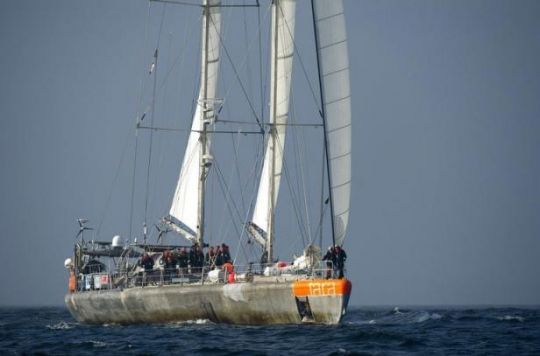
Raising awareness of the Mediterranean basin
During the stopovers, the crew will carry out actions to raise awareness among the population by explaining the evils of pollution, by conducting recycling campaigns and by promoting the circular economy and eco-design. The integrated management of watersheds by cleaning rivers and canals will be explained and the ban on single-use plastic bags promoted.
